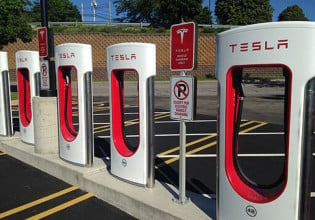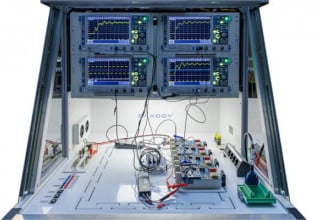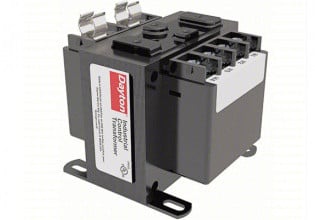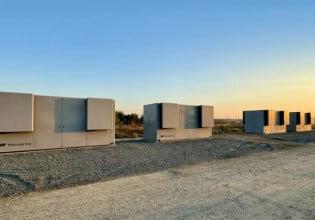Ansaldo Announces Opening of New Alternative Energy Fueled Power Plant
Ansaldo Fuel Cells, a Finmeccanica company, is producing a fuel cell design for both military and civilian applications. The company now has three prototype plants using an advanced, patented Molten Carbonate Fuel Cell (MCFC) stack. The newest plant has just started operating in Milan, Italy. The Hydrogen power plants can use any kind of hydrogen and carbon monoxide based fuel including ethanol, diesel, natural gas and pure hydrogen, and can easily switch between fuels. Finmeccanica and Ansaldo plan to introduce its fuel cell technology in the United States and to seek industrial and business partnerships to jointly complete product development for specific applications.
"With the rising price of oil, both military and civilian companies are seeking inexpensive yet efficient ways of producing energy," said Finmeccanica, Inc.'s President Dr. Stephen Bryen. "Ansaldo's hydrogen-based Molten Carbonate fuel cells are very efficient at converting the chemical energy of the fuel into electrical energy. It has a 50% electrical efficiency rate and if we consider the heat it produces it can go as high as 85% efficiency. Compare this to the 20% efficiency rate for a gas turbine engine and you can see that hydrogen fuel cells are a smart alternative energy source."
In a new joint venture between the Italian and the Turkish navies, Ansaldo Fuel Cells is showcasing a real-world application of its innovative hydrogen fuel cell design. Once completed, the model ship will demonstrate that Ansaldo's hydrogen fuel cell can generate power with the diesel oil that is used by all NATO run ships including the US Navy's. There are already plans for Ansaldo's Hydrogen Fuel Cell to be used as an auxiliary power unit on a passenger and cargo ferry operating between Greece and Turkey.
"Ansaldo's Molten Carbonate Fuel Cell stack is very advantageous to military ships," said Giovanni Vespasiani, CEO of Ansaldo Fuel Cells. "There is no noise and no exhaust coming out of the stack so it's non-polluting and the ship leaves no signature. The technology could help revolutionize the next generation of naval ships."






